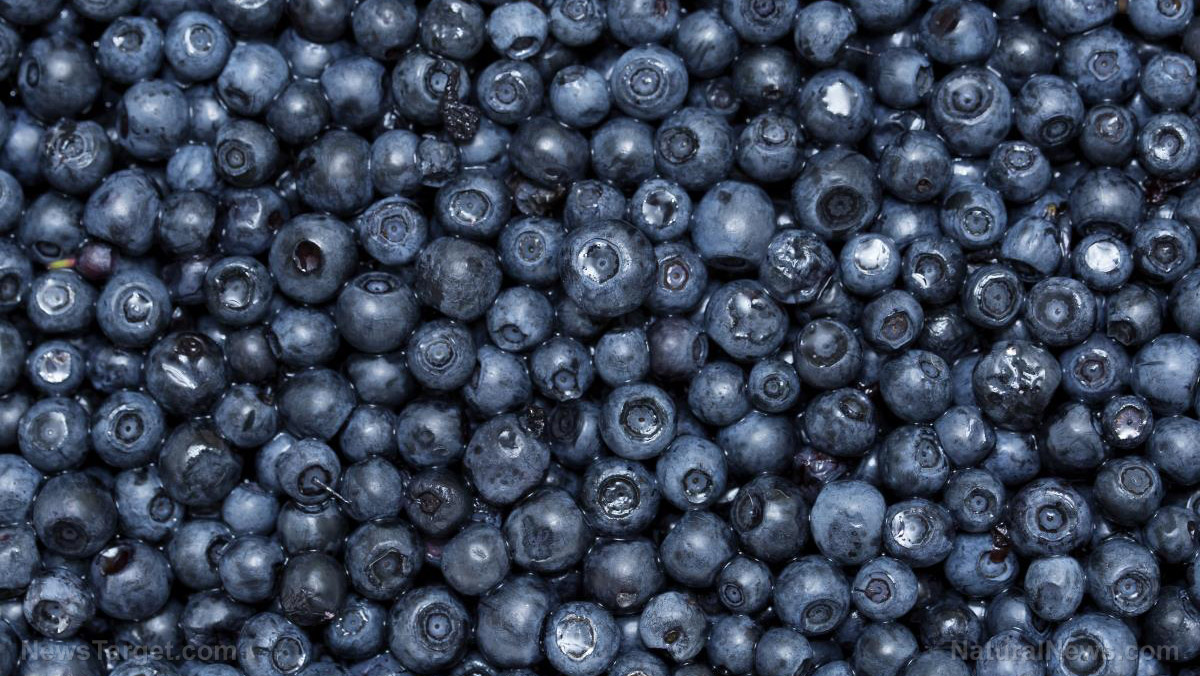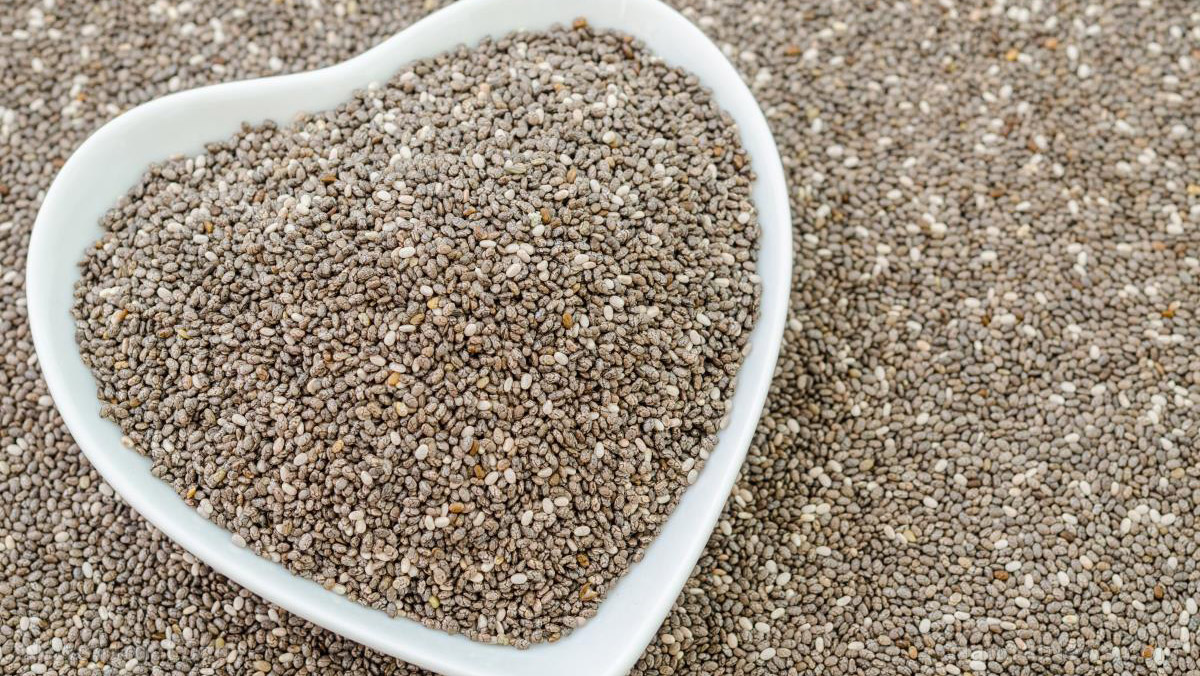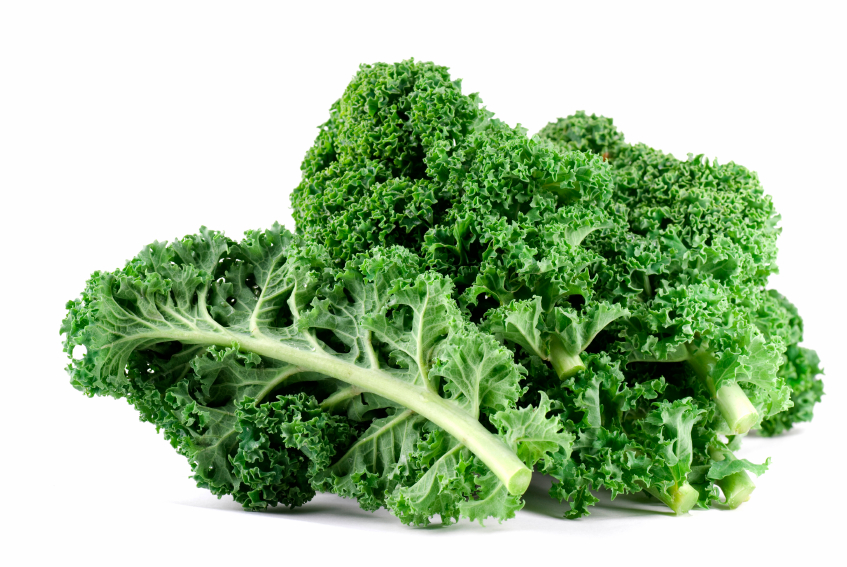Want a healthier heart? Start following a Mediterranean diet
11/27/2018 / By Michelle Simmons

More research has proven that a Mediterranean diet can not only keep your heart healthy but also ward off cardiovascular diseases. In a study published in Metabolism, researchers from the University of Connecticut found that following a Mediterranean diet cuts cardiovascular disease risk by reducing atherogenic lipoproteins which promote atherosclerosis.
Researchers recruited 83 women with metabolic syndrome for the study. All of the participants followed a Mediterranean-style, low-glycemic-load diet, but half of them were also asked to take a medical food containing phytosterols, soy protein, and extracts from hops and acacia.
A Mediterranean-style diet is typically composed of many fruits, vegetables, whole grains, and olive oil. It emphasizes getting protein from lean sources, such as fish and poultry rather than red meat. The Mediterranean diet also involves drinking moderate amounts of red wine regularly. (Related: 11 Delicious Key Ingredients that Make The Mediterranean Diet So Nutritious.)
The researchers measured the plasma lipids, apolipoproteins, lipoprotein subfractions and particle size, low-density lipoprotein (LDL) oxidation, and lipoprotein of the participants at baseline, eighth week, and 12th week of the study. They also instructed the participants to record their dietary intake to evaluate their compliance.
The results showed that following a Mediterranean diet improved the lipoprotein profiles of the participants. The participants’ levels of LDL cholesterol decreased, while their levels of high-density lipoprotein (HDL) cholesterol increased. All women also experienced a reduction in Apolipoprotein B, but the it was greater among those who also consumed medicinal food.
All participants reduced their energy intake from carbohydrate and fat and increased energy intake from protein. Following a Mediterranean diet also significantly increased energy intake from monounsaturated fatty acids, while trans-fatty acid intake decreased. Their intake of omega-3 fatty acids eicosapentaenoic acid and docosahexaenoic acid also increased.
The researchers suggested that adhering to a Mediterranean diet lowers the risk of cardiovascular disease risk by improving cholesterol levels, and adding a medicinal food may have an additional benefit.
Other benefits of the Mediterranean diet
The Mediterranean diet came from the traditional healthy living habits of people from countries near the Mediterranean Sea, such as France, Greece, Italy, and Spain. Many studies have associated this diet to better health. Here are some of the benefits of following a Mediterranean diet:
- It preserves brain function: Consuming healthy fats is good for the brain, and the Mediterranean diet includes healthy fats like olive oil. It can improve brain power, preserve memory, and prevent dementia and cognitive decline.
- It makes the bones stronger: Research has shown that certain compounds in olive oil may preserve bone density as it enhances the development and maturation of bone cells. Another research has found that dietary patterns associated with the Mediterranean diet may be beneficial in the prevention of osteoporosis, a condition that weakens bones, making them fragile and more likely to break.
- It helps regulate blood sugar: The Mediterranean diet may help prevent Type 2 diabetes and improve blood sugar control.
- It protects against depression: Studies have shown that people who adhere to the Mediterranean diet were less likely to be depressed.
- It can help fight cancer: According to studies, those who have higher adherence to a Mediterranean diet may help prevent cancer. A review of studies revealed that people who adhere to the diet most closely are 13 percent less likely to develop cancer than those who adhere the least. The diet can help protect against breast cancer, colorectal cancer, gastric cancer, prostate cancer, liver cancer, and head and neck cancer.
Read more news stories and studies on how to keep the heart healthy by going to Heart.news.
Sources include:
Tagged Under: cardiovascular disease, cardiovascular health, diet, disease prevention, Heart, heart disease, heart health, heart-healthy diet, Mediterranean diet



















